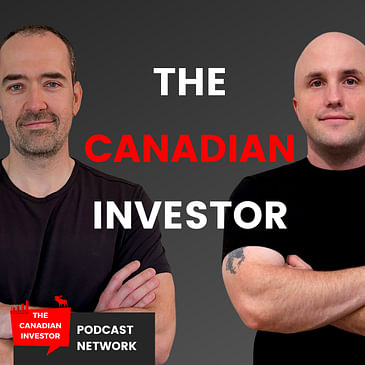In this episode, we dive into the Bank of Canada's decision to maintain its policy rate at 5%, Tesla's challenging earnings report, the impact of shipping issues on the global economy, Leon's Furniture's surprising move into real estate development, the performance of Canadian National Railway, and the unfolding accounting issues at Archer Daniels Midland. Additionally, we provide a comprehensive review of ASML's Q4 and full-year earnings, shedding light on their pivotal role in the semiconductor industry.
Tickers of stock discussed: TSLA, LNF.TO, CNR.TO, ADM, ASML
Check out our portfolio by going to Jointci.com
- Our Website
- Canadian Investor Podcast Network Twitter: @cdn_investing
- Simon’s twitter: @Fiat_Iceberg
- Braden’s twitter: @BradoCapital
- Dan’s Twitter: @stocktrades_ca
Want to learn more about Real Estate Investing? Check out the Canadian Real Estate Investor Podcast!
Apple Podcast - The Canadian Real Estate Investor
Spotify - The Canadian Real Estate Investor
Sign up for Finchat.io for free to get easy access to global stock coverage and powerful AI investing tools.
Register for EQ Bank, the seamless digital banking experience with better rates and no nonsense.
See omnystudio.com/listener for privacy information.

